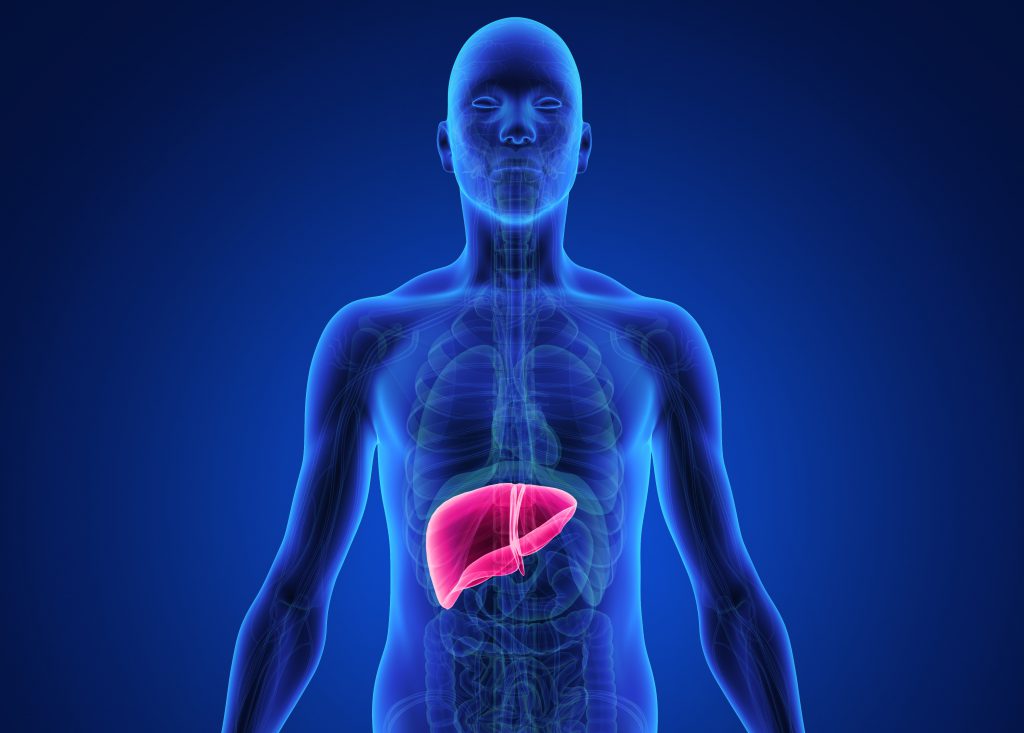Treating patients with hepatocellular carcinoma using a lower dose of the chemotherapy drug sorafenib appears to have no negative impact on patient survival time, according to a new study published in the Journal of Clinical Oncology. Compared to the standard full dose of chemotherapy, this low-dose option could benefit patients by eliciting fewer side effects, as well as reduce the cost of cancer treatment for insurers.
Hepatocellular carcinoma is the most common form of liver cancer, and the incidence of the disease has been on the rise in recent years. Sorafenib is currently the only US Food and Drug Administration (FDA) approved first-line treatment for hepatocellular carcinoma, however about 85 percent of patients taking the drug experience side effects as a result of treatment.
“Previous studies have started patients with half that dose, escalating only after the patients show they can handle it, but those studies have all been on a smaller scale,” said primary study author Dr. Kim A. Reiss, an assistant professor of Hematology Oncology in the Perelman School of Medicine at the University of Pennsylvania. “We wanted to see if we could reproduce those results using a much larger cohort of patients.”
In their GIDEON study, Reiss and her colleagues used data from over 5,000 patients diagnosed with hepatocellular carcinoma as part of the Veterans Health Administration database. All of these patients received the chemotherapy drug sorafenib between 2006 and 2015, however the way these patients were dosed prevented the researchers from making a direct comparison between those that received low-dose treatment, and those that were given the standard dose.
“One of the challenges that we faced was that the sickest patients tended to get the reduced dose because of concerns over how much they could tolerate, so any attempt to evaluate these groups based on how long they lived was skewed,” said Reiss.
The researchers overcame this issue by controlling for various confounding factors, including disease stage and a patient’s overall health. After performing this analysis, the researchers had assembled two datasets containing 1,675 patients each, that would allow them to compare outcomes from those that received different doses of sorafenib.
“Essentially, we used a computer model to simulate putting these patients into a randomized, controlled clinical trial,” said senior author Dr. David E. Kaplan, an assistant professor of Gastroenterology and an associate professor of Medicine at the Corporal Michael J. Crescenz VA Medical Center in Philadelphia.
In comparing the two controlled groups, Reiss and her team found no significant difference in overall survival. Hepatocellular carcinoma patients who were treated with the full dose of sorafenib showed a median survival of 195 days, compared to 198 days for patients on the lower dose.
Importantly, 40 percent of patients in this study who were initially given the low-dose chemotherapy eventually escalated their drug amount, based on their tolerance. In comparison, nearly 12 percent of patients who started on the higher dose reduced their drug amount in the same two-month period, suggesting that these patients could have benefited from starting at a lower dose.
“It’s important to remember that the reduced dose patients will ramp up as they show they can handle it, while the full dose patients may have to ramp down because of these toxicities, so the dosage levels will converge in the middle,” said Reiss. “All of the patients get the treatment they need, but the reduced dose approach helps keep cost and toxicities down.”
In addition to helping patients acclimate to the drug’s side effects before ramping up the dose, starting them on the decreased amount of sorafenib also translated to significant cost savings. Patients given the lower dose saw an average savings of $3,000, which could be an underestimation considering that the patients were already paying a reduced cost as a part of the Veteran’s Affairs (VA) drug formulary.
While some doctors are already using this strategy of low-dosing, the researchers say that their findings suggest that more widespread use of this practise could be beneficial for hepatocellular carcinoma patients.












Join or login to leave a comment
JOIN LOGIN